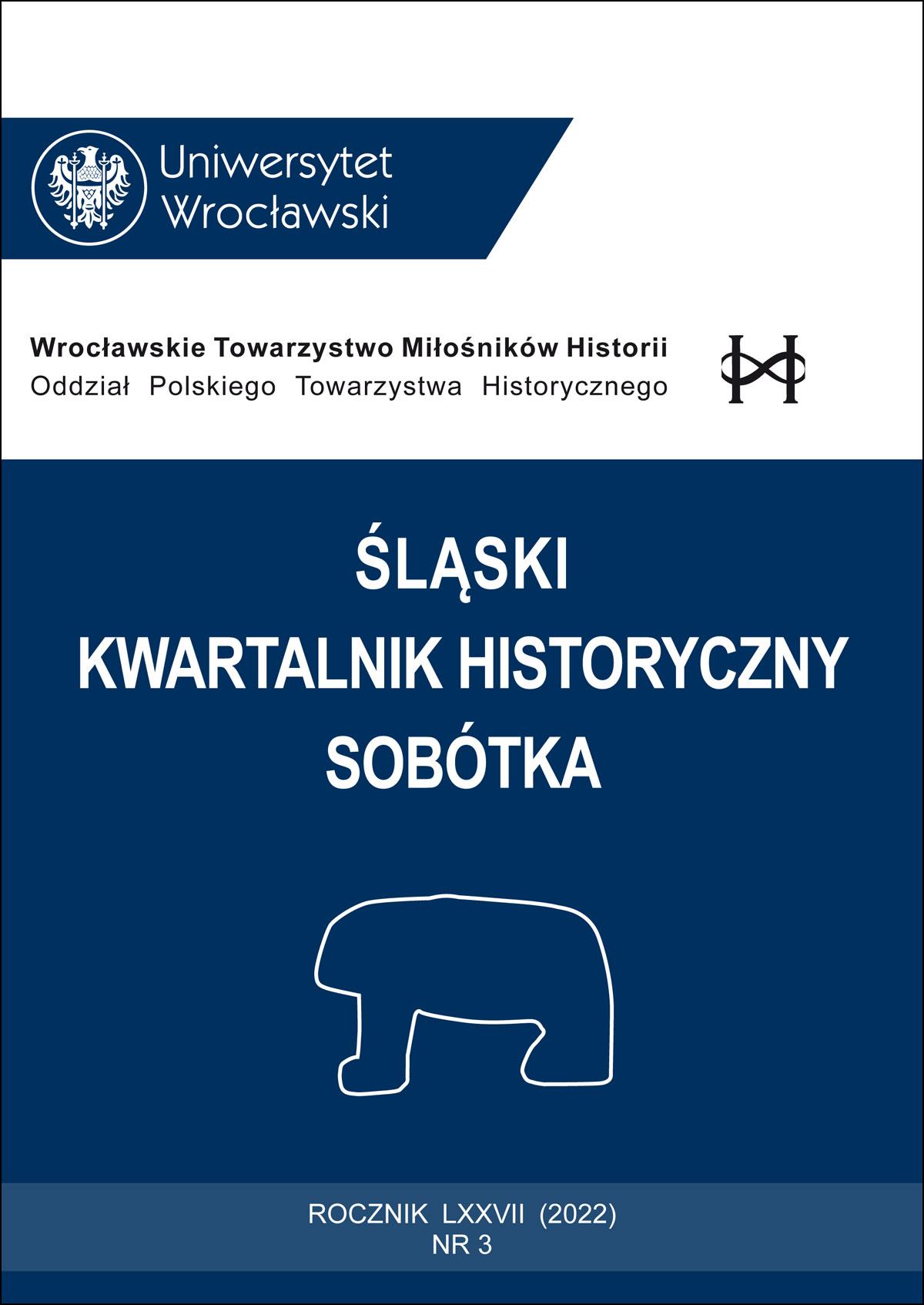Polskie kolejowe porozumienia graniczne w okresie PRL na wybranych przykładach
Polish railway border agreements during the People's Polish Republic period on selected examples
Author(s): Dawid KellerSubject(s): Diplomatic history, WW II and following years (1940 - 1949), Post-War period (1950 - 1989)
Published by: Wydawnictwo Uniwersytetu Wrocławskiego
Keywords: railways; border agreements; transit; USSR; Czechoslovakia; operation and maintenance conditions
Summary/Abstract: Among the issues that researchers have almost never analyzed is the railway cross-border traffic in the period of 1945–1989. The article presents the legal (international agreements) and organizational (the course of bilateral negotiations) context of the relations between Polish, Czechoslovak and Soviet state railway companies in southeast Poland, based primarily on archive material preserved in railway institutions or related entities. Related difficulties and international background are outlined, and the course of crucial investments within the borderland, such as rebuilding of the Łupków border crossing or establishment of transit from Przemyśl to Krościenko, is presented. This paper is in correspondence with the findings of Tomáš Nigrin and Falk Flade in pointing out that the (unwritten) principle both during negotiations and in everyday fulfilment of the signed agreements was the concern for one’s own country interests. The results of this principle were, among others, limitations enforced at the Łupkowo border crossing, offloading the reconstruction costs on Poland, but at the same time lack of Slovak authorities’ willingness to allow a more intensive use of this crossing (because of limited traffic capacity of their own their own transport routes). Shortcomings on the Polish side were also a contributing factor. For example, the Regional Directorate of State Railways in Cracow admitted that transporting motor vehicles (cars, trucks) in freight railway cars caused damage to the latter, proposing – as an alternative – entering negotiations with the producer of car trailers from Sanok; the concept was that the spare parts and smaller elements of the transported vehicles were to be loaded into railway cars in boxes (that is, as unitized cargo). Cross-border transport showed also systemic problems in Polish State Railways (Polskie Koleje Państwowe – PKP). The concentration of maintenance and renovation works on the main railroad routes resulted in limited traffic capacity of back and local routes, including those leading to state borders. Such problems were the principal reason for resuming the border traffic through the Łupków crossing – the objective was to improve the coal transport to Romania; however, owing to limited traffic capacity of the route through Jasło, such improvement involved intensified transit through the Soviet territory.
Journal: Śląski Kwartalnik Historyczny Sobótka
- Issue Year: 77/2022
- Issue No: 3
- Page Range: 161-184
- Page Count: 24
- Language: Polish

